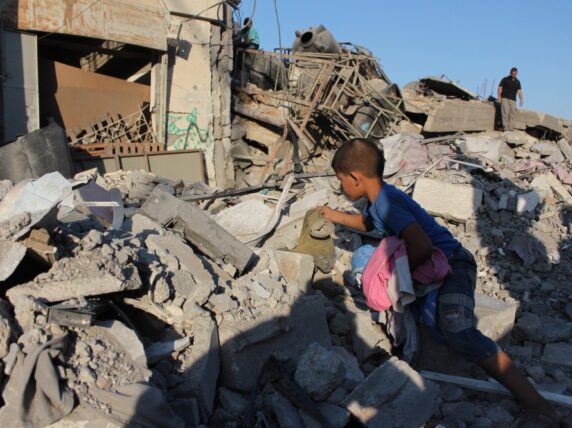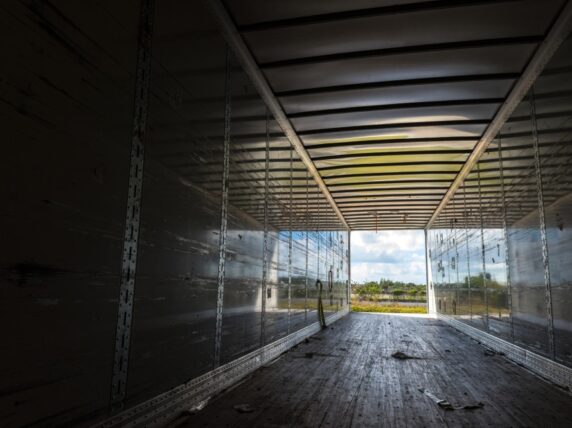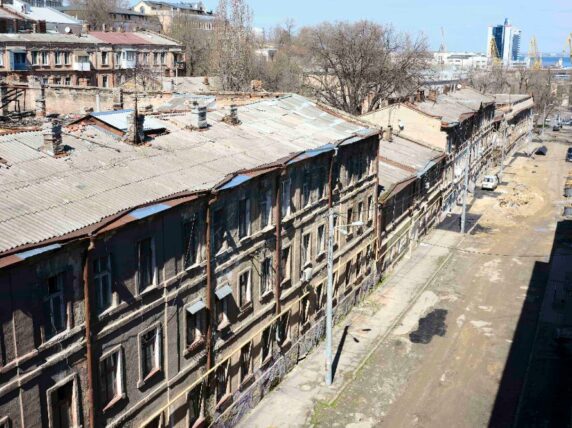What is the role of Northern organisations in global justice advocacy?
Power contexts that shape our sector
As we finally begin to acknowledge the legacies of colonialism, it is time for those of us in UK-based international development organisations to interrogate and reconsider our roles and mandates.
As a contribution to this debate, the Gender and Development Network (GADN) has produced a new discussion paper born out of our own dilemmas, and based in part on consultation with 31 advocates from around the world. It is written primarily for those who benefit from “Global North power and privilege”.
We use this term to describe the advantages an organisation or individual derives from their affiliation with the Global North, wherever they are located, avoiding the problematic binaries of “Global South” and “Global North”, which are further complicated by the decentralisation of INGOs. A deeper understanding of power contexts created by neo-colonialism and white supremacy, which frame and shape the sector in which we work, is therefore essential.
Changing the way we work : “distributer” and “challenger” roles
Most Northern organisations currently aim to play what can be seen as a distributive role – acting as a conduit for funds, access to decision-makers or other resources. But by doing this we risk perpetuating the colonial relationships we profess to oppose. By acting as intermediaries, we may be doing more harm than good.
How much money have we siphoned off in indirect costs, when grants could have gone directly to the Global South? How often have we constrained Southern advocates, inviting them to speak about case studies rather than recognising their strategic expertise? How many times have we extracted information without citation or included our “partners” in pre-determined consultation processes, only to neither listen nor remunerate them for their time? How many negative images have further victimised Black people and People of Colour?
Subscribe to our newsletter
Our weekly email newsletter, Network News, is an indispensable weekly digest of the latest updates on funding, jobs, resources, news and learning opportunities in the international development sector.
Get Network NewsThe paper explores the theory that those with “Global North power and privilege” may be part of the problem including suggestions that there may be a need to “sunset ”, meaning to gradually transfer, roles, resources and power to organisations in the Global South. Does that mean we should shut up shop altogether? The answer was a pretty resounding “no”.
We heard loud and clear that those of us benefiting from “Global North power and privilege”, including from the legacies of European colonialism, have a clear responsibility and even duty to act and atone. Our role then becomes one of challenger: holding our governments to account for past harm and present damage. As Theo Sowa, former CEO of the African Women’s Development Fund says:
Northern organisations must not just abdicate their roles, as they have been beneficiaries of these unequal systems. And we should not expect the Global South to just step up and fix global messes. The Global North has a responsibility to do its part in fixing the messes they have made.
Theo Sowa
There are also many ways that we can improve how we work, whatever our role, recognising and challenging the power contexts in which we operate.
We could start by reflecting more honestly on what motivates us to do the work that we do – whether that be charity, solidarity or the responsibility to atone for past wrongs, how we benefit, and what implications this has for changing our operations.
While part of the solution is to be more “Southern-led”, further interrogation is needed on what this means in practice. We could, for example, challenge the “division of labour”, where strategic wisdom and global analysis are only recognised when it comes from the Global North, while Southern advocates are expected to supply the “stories”. Contributors to the paper also called on us to be bold in our advocacy, following political analysis and demands from the Global South, even if it means losing access to decision-makers.
Ultimately, those we consulted emphasised the need to step back and consider what functions should more sensibly be transferred to the Global South, resisting the growth imperative that too often drives us. Priyanthi Fernando of International Women’s Rights Action Watch Asia Pacific was unequivocal:
It is because of the legacy of colonialism and its perpetuation that you must act, ‘action’ has to focus on using your privilege and your positionality to challenge those very institutions and processes.
Priyanthi Fernando
Clearly, this is a long road, not a checklist exercise to be completed overnight. For us at GADN, the process of writing this paper surfaced as many questions as it answered. Our challenge to ourselves now, which we invite you to share, is to ensure that these reflections lead to a material change in our mandates, missions, and programmes, and thus in the role of our organisation in global justice advocacy.




